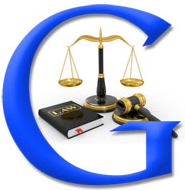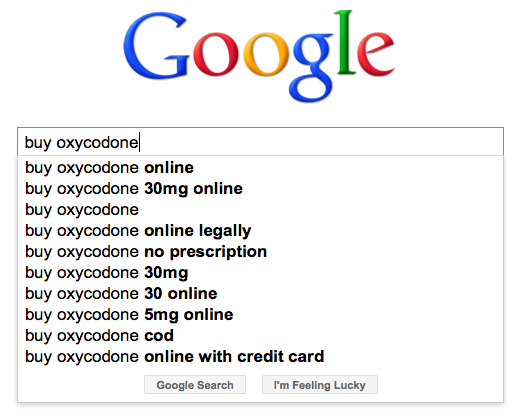State AGs: Google Still Allows & Profits From Illegal Drug Ads
The National Association of Attorneys General (NAAG) is accusing Google of continuing to give consumers access to illegal and counterfeit goods — including drugs — in its search results, and is allowing sites that deal in such goods to advertise with Google. NAAG has asked Google co-founder and CEO Larry Page to discuss its concerns […]
 The National Association of Attorneys General (NAAG) is accusing Google of continuing to give consumers access to illegal and counterfeit goods — including drugs — in its search results, and is allowing sites that deal in such goods to advertise with Google.
The National Association of Attorneys General (NAAG) is accusing Google of continuing to give consumers access to illegal and counterfeit goods — including drugs — in its search results, and is allowing sites that deal in such goods to advertise with Google.
NAAG has asked Google co-founder and CEO Larry Page to discuss its concerns at a national meeting of state attorneys general that’s happening June 17-19 in Boston.
There’s no formal statement that I can find on the NAAG website, but both USA Today and the Mississippi Business Journal are quoting that state’s AG, Jim Hood, co-chair of NAAG’s Intellectual Property Committee:
On every check we have made, Google’s search engine gave us easy access to illegal goods including websites which offer dangerous drugs without a prescription, counterfeit goods of every description, and infringing copies of movies, music, software and games. This behavior means that Google is putting consumers at risk and facilitating wrongdoing, all while profiting handsomely from illegal behavior.
The background to this is Google’s landmark $500 million settlement with the Department of Justice in 2011. The DOJ’s investigation found that Google had allowed and helped fraudulent Canadian pharmacies to advertise with Google in violation of U.S. law.
According to the Mississippi Business Journal article, Hood’s committee isn’t only concerned with the illegal drug ads and companies, but also with what Google is doing — or isn’t doing — to keep pirated content out of its search engine. The committee wants Google to explain why it’s willing to remove some content completely from its search results (i.e., child pornography, Nazi-related content in Germany, etc.), but not others.
Content removal can be done, but it appears Google is unwilling to remove content related to the purchase of prescription drugs without a prescription or the downloading of pirated movies and songs.
The committee also has questions about how and when Google blocks terms from showing up in the autocomplete function, such as on searches that begin with “buy oxycodone.” (Oxycodone is a prescription drug; buying it online is illegal.)
A Google spokesperson gave us this statement this afternoon in response to the NAAG committee’s accusations:
We take the safety of our users very seriously and we’ve explained to Attorney General Hood how we enforce policies to combat rogue online pharmacies and counterfeit drugs. In the last two years, we’ve removed more than 3 million ads for illegal pharmacies, and we routinely remove videos that are flagged for violating YouTube’s Guidelines regarding dangerous or illegal content. We continue to work on this issue with industry partners and groups like the Center for Safe Internet Pharmacies.
We didn’t get a response from Google about its plans to attend that meeting later this month in Boston.
Contributing authors are invited to create content for Search Engine Land and are chosen for their expertise and contribution to the search community. Our contributors work under the oversight of the editorial staff and contributions are checked for quality and relevance to our readers. The opinions they express are their own.
Related stories
